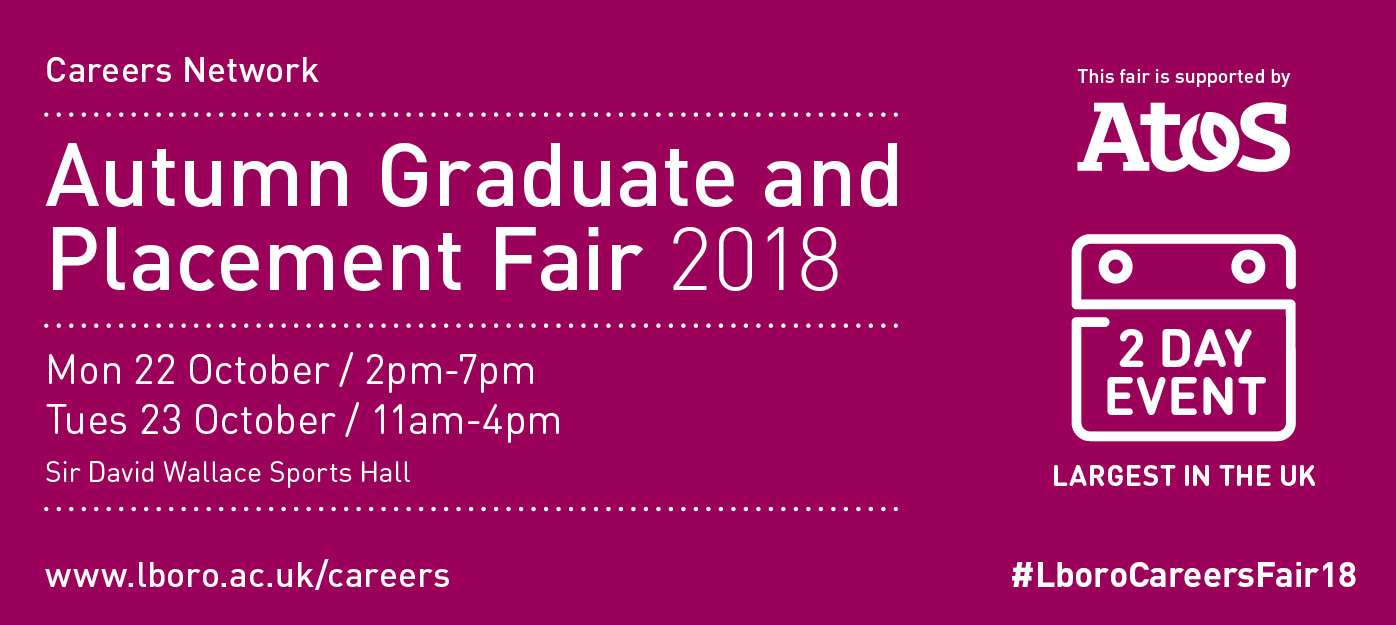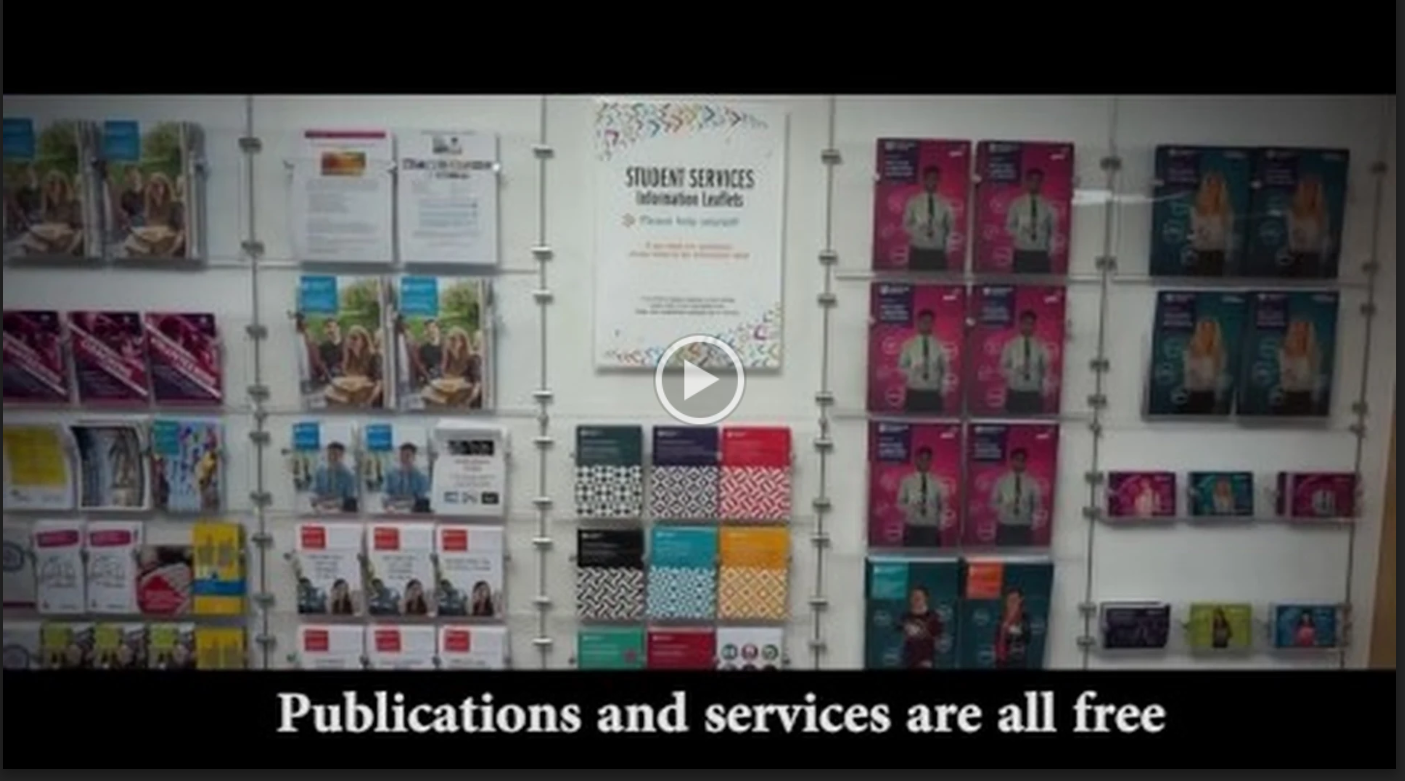Careers staff in the Midlands International Group were asked what was the best advice they would give to international students looking for a job in the UK. This is their responses. The original post can be found here.
Be prepared to take up a range of positions and opportunities that quickly show your commitment to working and contributing within the UK. Thinking over more diverse ways of demonstrating your interest in particular industry issues and employer needs can help employers see the research you have done. This can work especially well if you can write and express succinctly how your previous experience, study specialisms and skills link to their needs.
Chris Steventon, Coventry University
Start early, be targeted in your approach, make the most of university recruitment fairs and UK recruitment agencies. Network, use any Mentors available at the University and contact Alumni from your course (try LinkedIN), especially if the Alumni is an international student who is now working in the UK.
Michele Zala, Nottingham Trent University
Understand the Tier 2 visa rules – UKCISA is a good website to help you to understand the requirements. Ensure you understand the Tier 4-Tier 2 Visa switching process and have the list or Tier 2 sponsors . Student Circus is a website designed to only advertise Tier 2 Sponsored roles (for Tier 4 students)
Make sure you speak to the Careers Service so that you can fully prepare for UK recruitment and selection activities, they’ll have resources to help with: Psychometric testing, job search, interview skills, assessment centres etc.
Teresa Corcoran, University of Nottingham
Make sure that you understand the graduate labour market in the UK – this means that you will have a better understanding of the job roles that you can apply for and the companies that may be able to sponsor you. Attend any session within your Careers & Employability Dept. that will give you an understanding of this. Attend careers fairs and speak with employers directly about opportunities.
Judy Turner, University of Lincoln
We can’t emphasise enough the value of gaining relevant work experience whilst studying. Not only in terms of building your networking opportunities to support your case for staying in the UK but also to show the added value of your UK qualification when you return to your home country. What kudos to be able to say you have real-world insight into UK business because of your work experience! Take advantage of paid placements and internships offered.
Merlinda Charley, University College Birmingham
Make the most of your time in the UK by developing employability skills. Get work experience of any kind- apply for summer internships and part time work or join Societies. Aim for fluency in English and educate yourself regarding the UK labour market and which employers recruit international students. Identify key employers and seek an internship. Use the help offered by your Careers Service especially with preparation for assessment centres.
Ellen O’Brien, University of Birmingham
- Have a good understanding of the UK VISA requirements
- Understand the graduate recruitment process as well as the opportunities available to you and where to find them
- Don’t forget to use your university careers service for information and advice
- Attend as many networking opportunities such as careers fairs as possible.
Mark Blaber, Northampton University
While a degree is still a valuable asset to have, UK employers are overwhelmed by high class graduates applying for jobs each year. As an international student it is important to consider the additional value you can demonstrate through your application or CV, and be able to offer things that other people may not have. If you are someone who needs a sponsored visa, then you need to demonstrate that you are worth that investment, and that you can offer something that no one else can! So maybe think about doing some of these things:
Many students now see the benefit that undertaking part-time work or volunteering brings when applying for work after University, and a significant placement year available as part of some degrees offers a depth of experiences and on the job work skill development that cannot be gained anywhere else. Experienced workers are often preferred by employers, a degree along is not enough.
Clubs and societies are not just for fun, the network that you create during your studies may help you find work, or encourage you in a direction that you may not currently know about. Many University Societies offer students the chance to meet guest speakers and attend events that would allow you to meet people and make friendships that could influence your career – don’t miss out by not participating!
Soak yourself in the UK culture! It’s sometimes all too easy to stay in our comfort zones and stay within our own community groups. It’s a challenge to make ourselves broaden our friendships and engage with the wider community. Do think about seeking out opportunities to volunteer with local charities or companies, join community projects and whatever else you can find out about to constantly develop your language skills and the region you study in. Your international cultural awareness is a very strong selling point for many jobs!
James Heritage, Aston University



